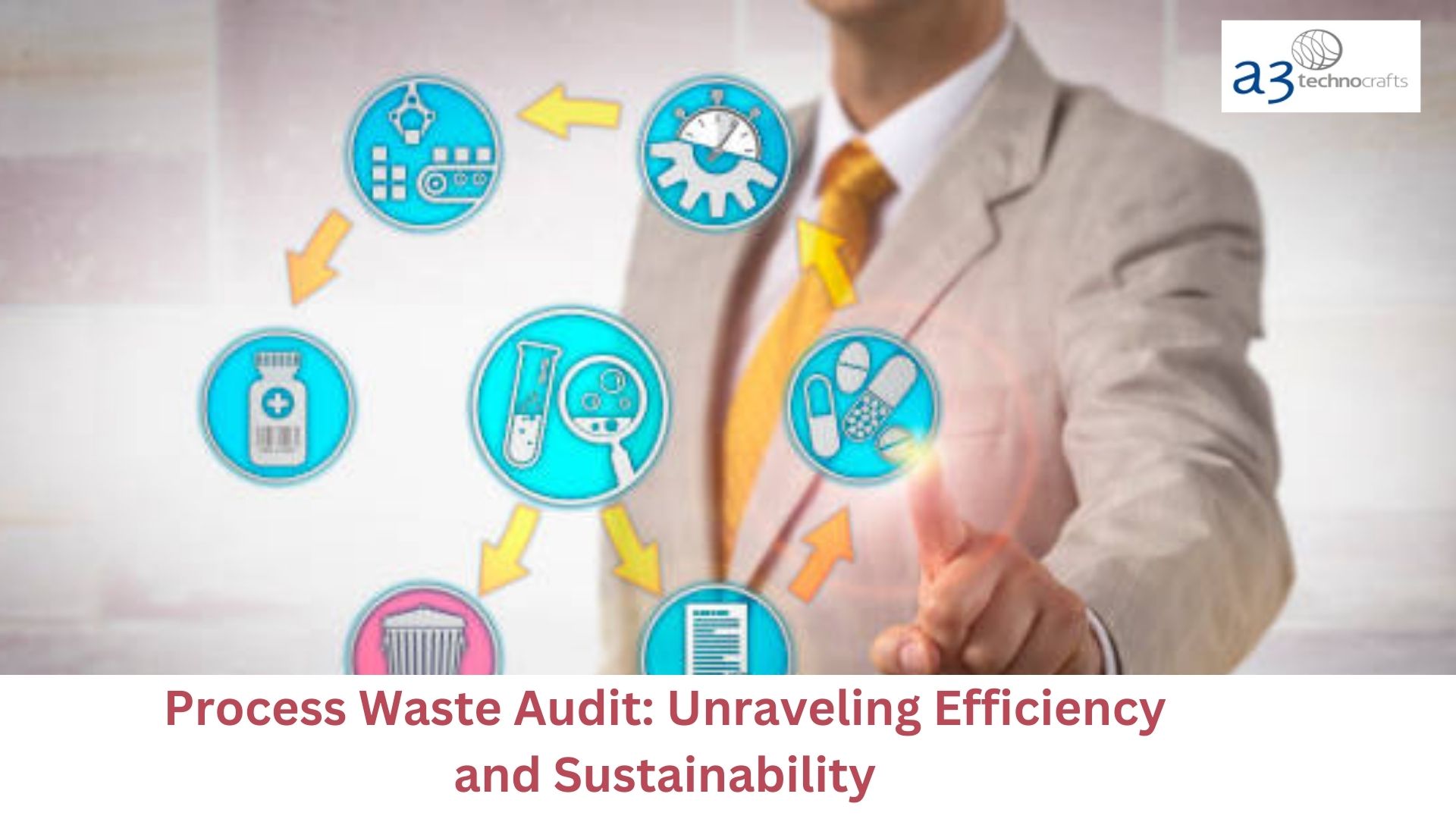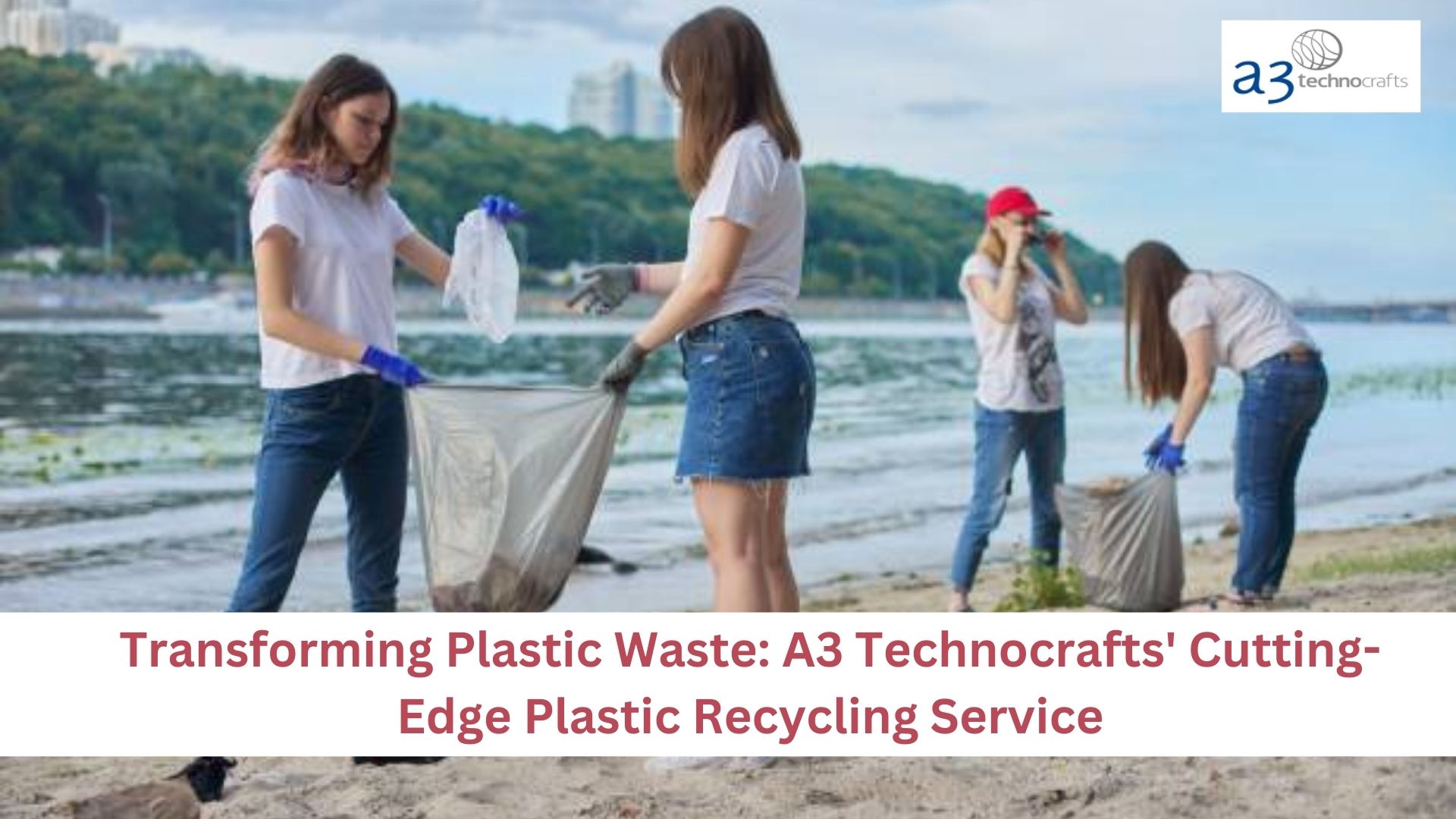In today’s world, waste management has become a pressing issue that demands immediate attention. As the global population continues to grow, so does the amount of waste generated. A3 Technocrafts Pvt Ltd, a pioneering company in the field of waste management, is playing a crucial role in addressing this challenge. By providing comprehensive solutions for plastic, metal, paper, food and hazardous waste recycling, A3 Technocrafts is empowering businesses to minimise their environmental impact and move towards a more sustainable future.
The Importance of Misplaced Waste Management:
Misplaced waste management has emerged as a critical concern due to its adverse impact on the environment and human health. Landfills overflow, polluting the soil and water sources. Incineration releases harmful pollutants into the air, contributing to climate change. Additionally, the improper disposal of hazardous waste poses a significant risk to ecosystems and human well-being. To combat these challenges, it is imperative to adopt efficient waste management practices that prioritise recycling and proper disposal.
A3 Technocrafts Pvt Ltd’s Role:
A3 Technocrafts Pvt Ltd has positioned itself as a leader in the waste management industry by providing innovative solutions that address the complex issue of misplaced waste. With its extensive expertise and state-of-the-art infrastructure, A3 Technocrafts assists companies in managing various types of waste, including plastic, metal, paper, food and hazardous waste. By partnering with A3 Technocrafts, businesses can effectively reduce their waste footprint and contribute to a cleaner and more sustainable world. Let’s discuss types of wastes treated by A3 Technocrafts:
1. Plastic Recycling:
Plastic waste has become a global crisis, polluting our oceans and landfills. A3 Technocrafts employs advanced recycling technologies to transform plastic waste into usable materials. Through their rigorous sorting, cleaning and reprocessing methods, they ensure that plastic is given a new lease on life. By recycling plastic, companies can conserve valuable resources, reduce carbon emissions and prevent the accumulation of non-biodegradable waste in our environment.
2. Metal Recycling:
The mining and extraction of metals pose significant environmental challenges. A3 Technocrafts facilitates the recycling of metal waste, reducing the need for resource-intensive mining operations. By employing advanced techniques like shredding, sorting and smelting, they efficiently process scrap metal into high-quality raw materials. This not only conserves natural resources but also minimizes energy consumption and reduces greenhouse gas emissions associated with metal production.
3. Paper Recycling:
The demand for paper products continues to rise, leading to deforestation and habitat destruction. A3 Technocrafts recognizes the importance of recycling paper waste to conserve forests and mitigate climate change. Through their innovative recycling processes, they transform used paper into new paper products. By promoting paper recycling, businesses can significantly reduce water usage, energy consumption and the release of harmful chemicals into the environment.
4. Food Waste Recycling:
Food waste is a significant contributor to greenhouse gas emissions and landfill pollution. A3 Technocrafts offers advanced solutions for food waste recycling, such as anaerobic digestion and composting. These processes convert food waste into biogas or nutrient-rich compost, which can be used as renewable energy or organic fertiliser. By partnering with A3 Technocrafts, companies can reduce their carbon footprint, divert waste from landfills and promote a circular economy in the food industry.
5. Hazardous Waste Recycling:
Improper disposal of hazardous waste poses severe risks to the environment and human health. A3 Technocrafts specialises in the safe and efficient recycling of hazardous waste, ensuring that it is managed in compliance with strict regulatory guidelines. Their advanced treatment methods neutralise hazardous substances and transform them into non-toxic materials. By partnering with us, companies can effectively manage their hazardous waste streams, protecting both the environment and the well-being of their employees.
In conclusion, A3 Technocrafts Pvt Ltd is at the forefront of waste management, providing comprehensive solutions for plastic, metal, paper, food and hazardous waste recycling. By partnering with A3 Technocrafts, businesses can reduce their waste footprint, conserve resources and contribute to a cleaner, more sustainable world.
Follow Us:












